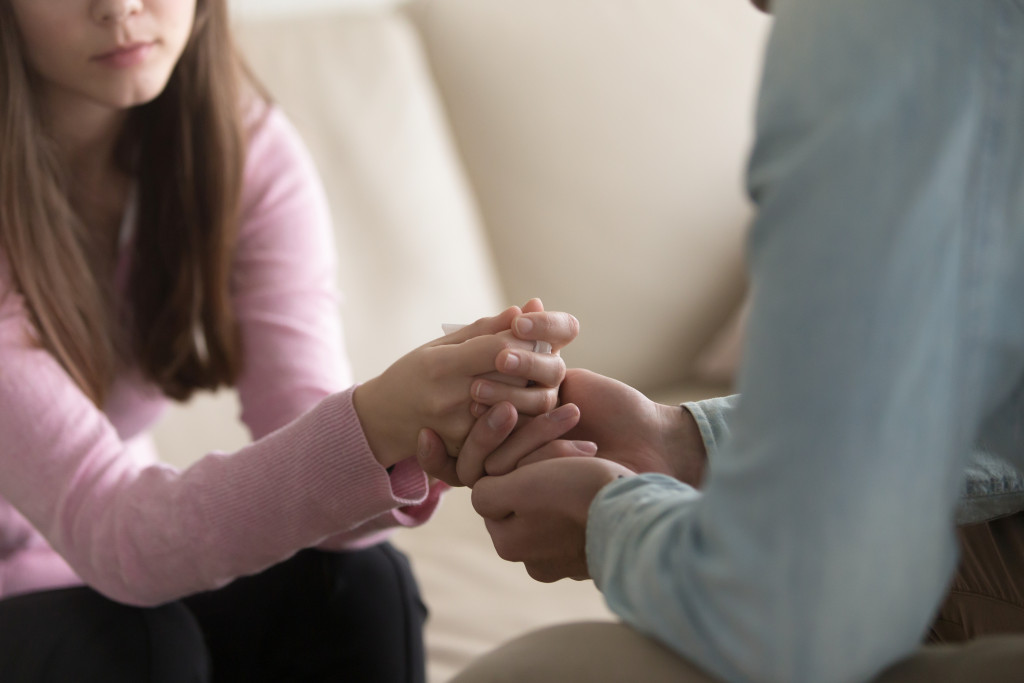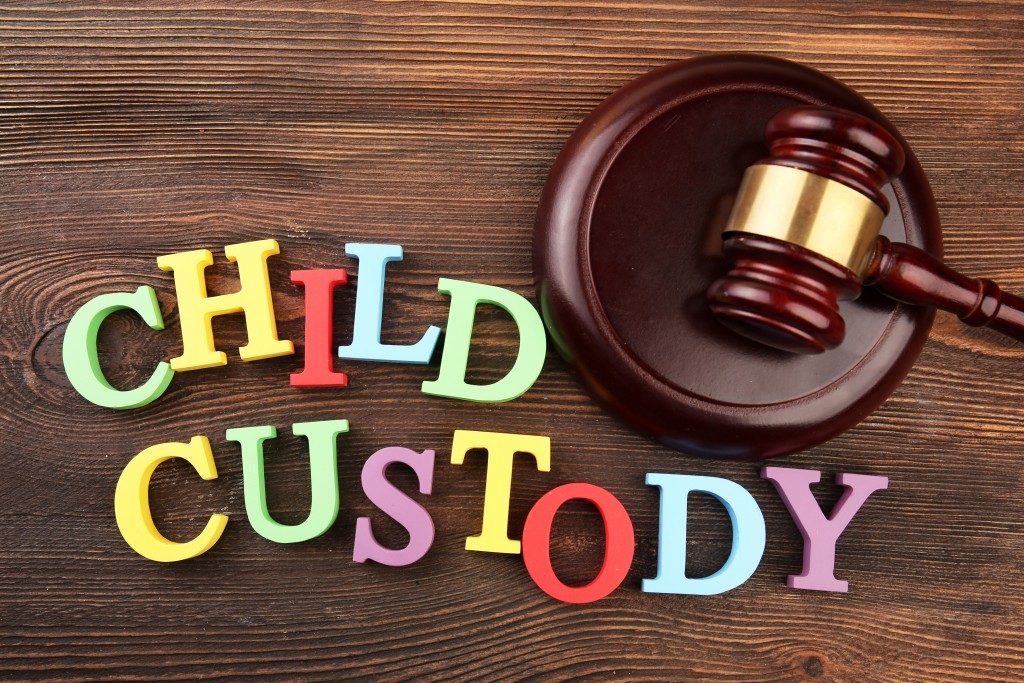Abusive relationships are a very real and serious problem. According to the National Domestic Violence Hotline, 1 in 3 women and 1 in 4 men have experienced domestic abuse in their lifetime. While it can be hard to spot an abusive relationship, it’s essential to look out for your friends and neighbors who may be in one. If you have a neighbor who is in an abusive relationship, there are things you can do to help. Here are some tips:
1. Know the signs of an abusive relationship.
These can include put-downs, controlling behavior, jealousy, isolation from friends and family, extreme possessiveness, threats, and physical violence. If you see any of these signs, you must reach out to your neighbors and tell them that you’re there for them. You want to show them that they are not alone and that you are willing to help.
But don’t be pushy – respecting their boundaries and giving them space to make decisions for themselves is essential. Not every situation is the same, and not every person responds to help similarly. You can also talk to them about getting help from a qualified professional.
2. Talk to your neighbor about what they’re going through.
It’s important to let them know you’re concerned for their safety and want to help however you can. Ask if they want to talk about what’s going on and listen without judgment. You may not be able to solve their problems, but listening can still make a big difference in their lives. Some abuse victims may not be ready to leave their partner or tell someone about the abuse. It’s essential to be patient and understanding and offer your support in whatever way possible.
Don’t be afraid to ask them if they need help with groceries or childcare. Sometimes just having a friend willing to lend a helping hand can make all the difference. You can also suggest resources for them to turn to in their area.
3. Put together a list of resources.
Many organizations can help someone in an abusive relationship, including domestic violence shelters, crisis lines, and therapy programs. Putting together a list of these resources can be incredibly helpful for someone trying to escape an abusive situation. One of the most important people to include is an experienced domestic violence attorney. They can provide advice on the legal options available and help them file a restraining order.
When creating this list, ensure to include resources in the victim’s language and local services if possible. You can also include contact information for family and friends who can provide support. If the person plans to leave, put together a list of safe places they can go and people they can turn to.
4. Help them create a safety plan.
If your neighbor is in an abusive relationship, they need to have a plan in case of an emergency. This could include having a friend or family member they can call if things get bad, packing a bag with essential items like clothes and medications, and knowing where to go if they need to leave quickly.
Some resources can also help create a personalized safety plan like the National Domestic Violence Hotline. Encourage your neighbor to call the hotline if they need additional support. You can also talk to the police or a lawyer if you have other questions about safety plans. If your neighbor is in immediate danger, call 911.
5. Check on them regularly.
If you know a neighbor in an abusive relationship, it’s essential to check on them regularly and let them know that you are there for them. You can also remind them of available resources and encourage them to seek help. It’s important to remember that the healing process can take time, and it’s okay if they don’t open up right away.
Above all, it’s essential to respect your neighbor’s privacy and their right to make decisions for themselves. Let them know that you are there to support them, but don’t pressure them into doing anything they aren’t ready for. With a little bit of patience and understanding, you can make a big difference in their lives.
If you have a neighbor who is in an abusive relationship, it’s essential to reach out and offer your help. Knowing the signs of abuse and being there to talk about what’s happening can make a big difference in someone’s life. Additionally, helping them create a safety plan and putting together a list of resources can be incredibly helpful as they try to escape their situation. Don’t forget to check on them regularly and let them know that you are there for them. With your support, they can start to heal and find the help they need.




